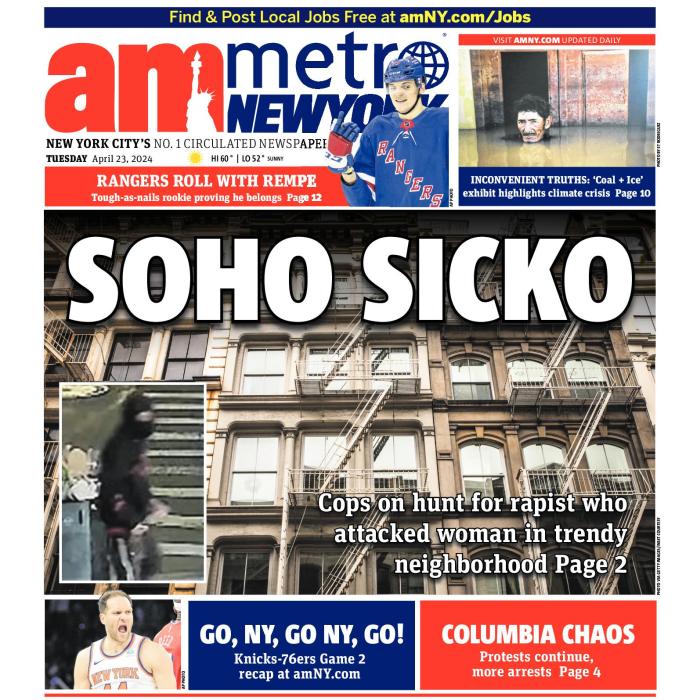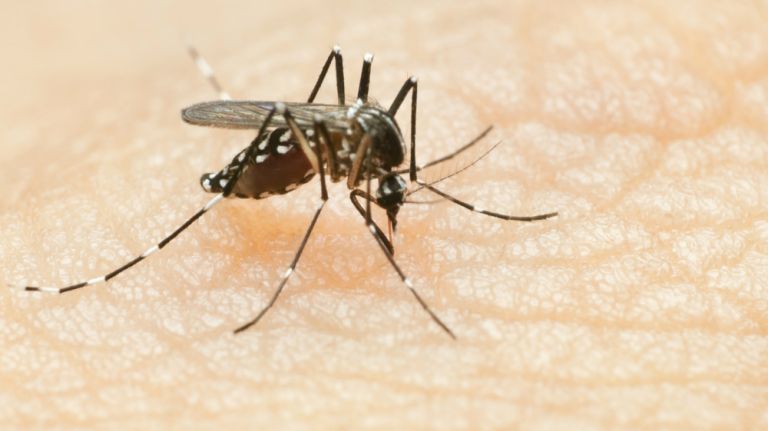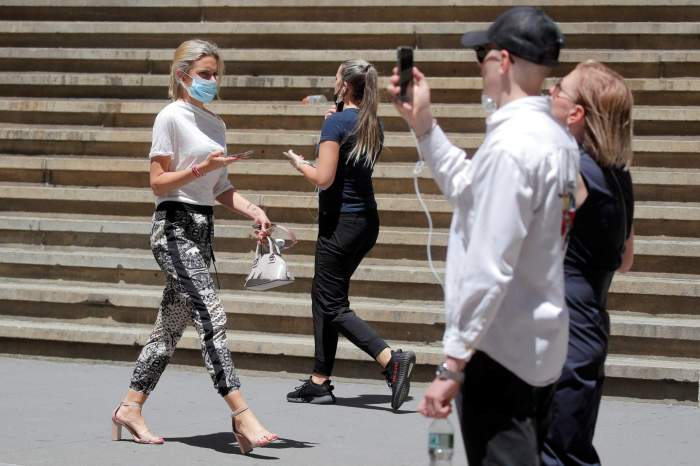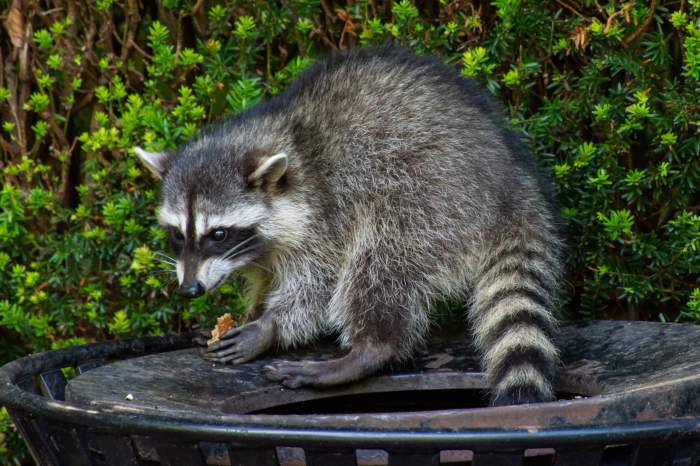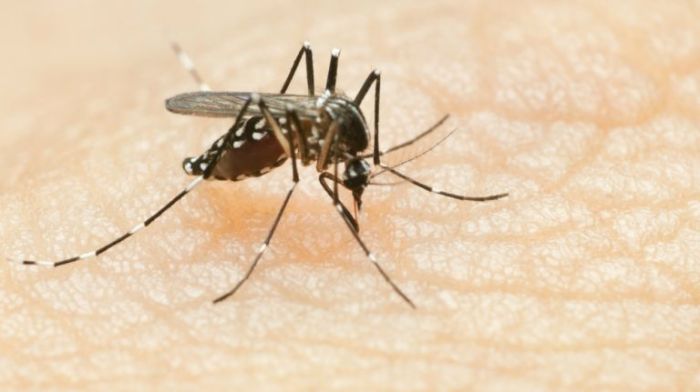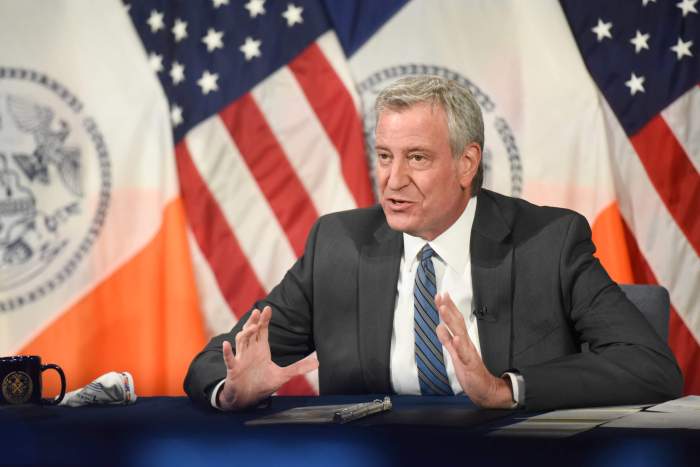New York City’s mosquito spraying season is in full swing, this time heading into four different boroughs next week.
Health Department trucks will spray pesticides in parts of Brooklyn and Queens on Tuesday, Sept. 13 from 8:30 p.m. to 6 a.m. The trucks will then spray parts of the Bronx and Manhattan on Thursday, Sept. 15 from 8:30 p.m. to 6 a.m.
In the event of bad weather, spraying will take place on Sept. 14 in Brooklyn and Queens and on Sept. 19 in the Bronx and Manhattan.
The Health Department will spray in Brooklyn in the following parts of Broadway Triangle, Bushwick, East Williamsburg, Greenpoint, and Williamsburg:
- Bordered by Newtown Creek, Scott Avenue, St Nicholas Avenue, Himrod Street, Wyckoff Avenue to the North;
- Cornelia Street to the East;
- Broadway, Union Avenue, North 12 Street to the South;
- and East River to the West.
The Health Department also will spray in parts of Brooklyn and Queens in the following parts of Broadway Junction, Bushwick, City Line, Cypress Hills, East New York, Glendale, Hamilton Beach, Howard Beach, Liberty Park, Lindenwood, Little Guyana, Old Howard Beach, Ozone Park, South Ozone Park, Wakefield, and Woodhaven:
- Bordered by Cemetery Boundary, Forest Park Drive, 76 Street, Rockaway Boulevard, Liberty Avenue to the North;
- Van Wyck Expressway to the East;
- Belt Parkway, Railroad, Jamaica Bay, Old Mill Creek, Belt Park to the South;
- and Hendrix Creek, Schenck Avenue, Blake Avenue, Cleveland Street, Atlantic Avenue, Pennsylvania Avenue, Bushwick Avenue to the West
The Health Department will spray in the Bronx in the following parts of Bedford Park, Belmont, Fieldston, Fordham Manor, Jerome Park, Kingsbridge, Kingsbridge Heights, Marble Hill, Mosholu, North Riverdale, Riverdale, Spuyten Duyvil, Van Cortlandt Village, and Woodlawn Heights:
- Bordered by Westchester County Boundary to the North;
- Webster Avenue, Mosholu Parkway, Southern Boulevard to the East;
- East 180 Street, Webster Avenue, East 194 Street, West and East Kingsbridge Road, Spuyten Duyvil Creek to the South;
- and Henry Hudson Parkway, Riverdale Avenue to the West.
The Health Department will also spray in Manhattan in the following parts of Bloomingdale, Carnegie Hill, Central Park, Central Harlem, East Harlem, Fort George, Hamilton Heights, Harlem, Hudson Heights, Lincoln Square, Little Dominican Republic, Manhattan Village, Manhattanville, Morningside Heights, Spanish Harlem, Striver’s Row, Sugar Hill, Upper Manhattan, Upper West Side, Washington Heights, and West Harlem:
- Bordered by Spuyten Duyvil Creek to the North;
- Harlem River, East 102 Street, Park Avenue to the East;
- West and East 57 Streets to the South;
- Hudson River to the West.
Throughout the duration of the spraying, the Health Department will use very low concentrations of Anvil® 10+10, Duet®. The risks of pesticides are low to people and pets, but some people who are sensitive to spray ingredients may experience short-term eye or throat irritation, or a rash. People with respiratory conditions may also be affected.
The Health Department encourages New York City residents to mosquito-proof their homes and take precautions when spending time outdoors, and reminds them that the best way to control mosquitoes is to eliminate any standing water. Use an approved insect repellent containing DEET, picaridin, oil of lemon eucalyptus (not for children under three), or products that contain the active ingredient IR3535.
New Yorkers are encouraged to eliminate any standing water from your home and make sure your gutters are clean and draining properly. Clean and chlorinate swimming pools, outdoor saunas and hot tubs and should be empty or covered if not in use, and drain water that collects in pool covers. Make sure windows in your home have screens, and replace any damaged or ripped screens.
For more information about West Nile virus, call 311 or visit nyc.gov.
